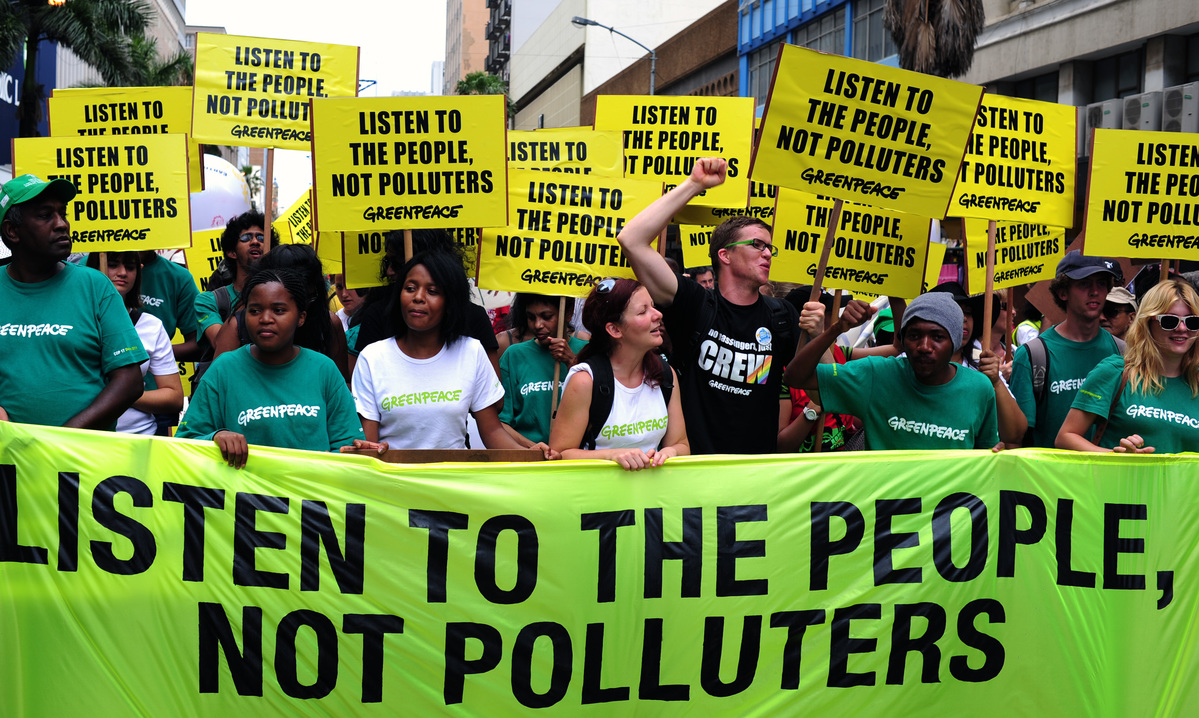This January 24th 2024 marks a general strike in Argentina called by the central unions, popular movements, and social, political, labor, environmental, feminist, cultural, scientific and educational organizations.
They are organizing to reject the measures dictated in the Decree of Necessity and Urgency (DNU) and in the “Law of bases and starting points for the freedom of Argentines” – Omnibus Law – of Javier Milei’s government. These measures are a step backwards in democratic, economic, social, labor, environmental, scientific, cultural and gender matters and are, therefore, an enormous loss of national sovereignty.
Violating Argentina with attempts to pass unconstitutional reforms
Within just over a month of being in office, the President of Argentina and representative of the neoliberal extreme right, denier of the climate crisis and gender equality, has violated Argentine society with attempts to pass unconstitutional legal reforms and ruthless economic measures that threaten to hit society hard by:
- Greatly deepening poverty with a sudden 51% currency devaluation in December 2023, generating uncontrolled inflation and an overwhelming increase in the cost of living, following a “shock doctrine”.
- Largely adjusting the role of the State in social matters, eliminating the Ministries of health, education, culture, labor, and the recently created Ministry of Women to be replaced by the “Ministry of Human Capital“. Public works will be paralyzed; civil servants who have been in office for less than a year will be dismissed; energy and transportation subsidies will be reduced; and federal funds transferred to the provinces will be drastically reduced.
- Opening the country’s economy to transnational corporations and deindustrializing. 41 State-owned companies will be subject to privatization (water and sanitation, the national oil company, the national bank, and airlines, among others). The pension fund is also at risk of being privatized. By opening the economy up to more imports, Argentine-based industries are put at risk and common goods are likely to be overexploited by the increased presence of transnational corporations further enabled by the repealing of laws for the protection of glaciers and native forests. It establishes an “Incentive Regime for large investments”, aimed at the following sectors: agribusiness, infrastructure, mining, forestry, gas, and oil, providing them with legal security and protection of their tax rights.
- Enabling the commodification and financialization of nature. This empowers the executive branch to create a “domestic greenhouse gas emission market” with the power to assign each sector of the economy the rights to emit GHGs. It establishes a carbon market in which those who have met their “carbon goals” can “sell” their quota to those who are not meeting the goals – an approach that has historically failed to fulfill its purpose of reducing emissions and contributes to harmful offsetting practices.
- Concentrating the power of the president, in violation of the national constitution. This attempts to take away powers from the legislative branch and grant them to the executive branch until 2025 with the possibility of extending to 2027. It also allows foreign indebtedness from the executive power without going through parliament, as well as the laundering of capital without paying taxes.
Prohibiting the right to demand and demonstrate publicly
These measures, harming the bulk of the population and generating protests as a result, are further supported by yet another new rule: a Protocol of the Ministry of Security that prohibits the fundamental right to demand and demonstrate publicly, to organize socially and politically, and to exercise freedom of expression.
Milei’s autocratic government is a risk for Argentine democracy and for regional integration. Resistance to these measures in Argentina began quickly, with protests that were repressed, court filings, appeals to the legislature and judiciary to put a stop to these outrages, and a call by the trade union confederations for a general strike with mobilization, becoming the earliest general strike called before a new government since the recovery of democracy in Argentina.
As an organization fighting for environmental, social, economic and gender justice, Friends of the Earth International joins Tierra Nativa – Friends of the Earth Argentina – in denouncing these measures as we call on others globally to strengthen internationalist solidarity and urge you to join us in our demands:
- We call on the Argentinian legislators to fulfill their duty to defend the rights of popular classes in the face of this institutional outrage.
- We call on the Argentinian judiciary to give place to the judicial appeals presented by the population.
- We demand the repeal of the protocol that prohibits demonstrations and persecutes those who call for them.
- We demand the physical integrity of all demonstrators and hold the national government responsible for this.
Internationalist Solidarity
Social, environmental, trade union, feminist and popular economic movements are on alert at the national and international level. Demonstrations in support of the Argentinian people will take place in several cities around the world. Friends of the Earth International supports the call for a general strike, stands in solidarity with the Argentinian popular movements and calls on the international community to remain on permanent alert and in active internationalist solidarity so that Argentina does not lose the rights it has won through years of popular struggles.
The post Solidarity with the general strike in Argentina appeared first on Friends of the Earth International.

 3 months ago
25
3 months ago
25


